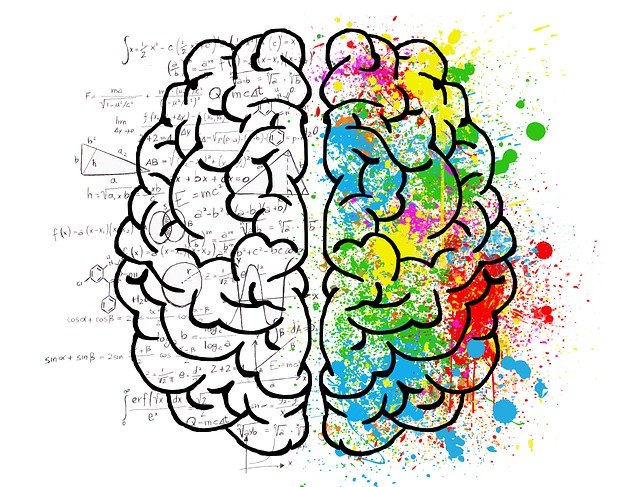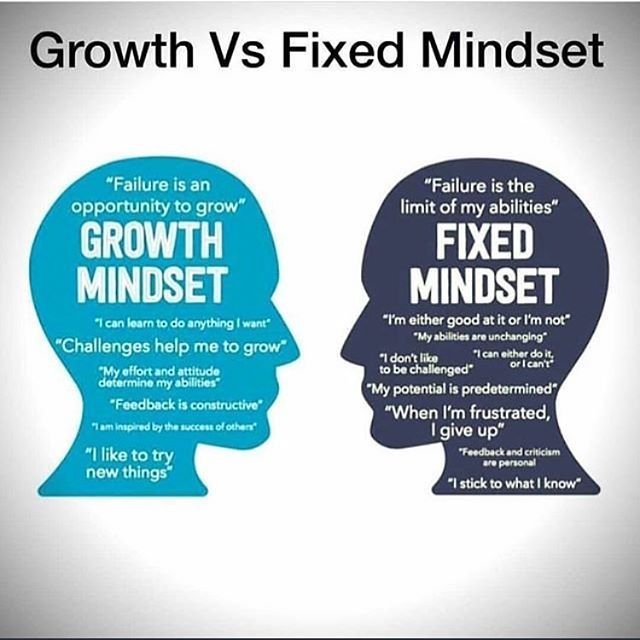Psychology in Natural Science, Biology and Philosophy

Image Source
In one vital particular, the technique for psychology takes after the methodology of the natural sciences, for example, botany, physics, and geology. Psychology takes for itself a specific clear domain, similar to, consciousness as a life procedure. Also, it starts out with specific presumptions as they are called, about its topic, which it declines to challenge.
The chemist, for instance, never stops to ask whether matter truly exists or is basically a fantasy. It accept its reality beyond a shadow of a doubt, and forthwith continues on ahead. So the psychologist expect in a common-sense way the reality of mind and the reality of matter. Nor questions that mind can know matter.
These suspicions keep the need of unraveling the metaphysical riddles which are included at these focuses, and leave allowed to explore the field in a simply observational manner. It additionally endeavors to imitate the natural scientist's utilization of the possibility of causation. Our most dependable types of knowledge about nature depend on our knowledge of cause and effect relations.
A lot of our chemical knowledge is along these lines exceedingly exact and correct, though the absence of such knowledge renders quite a bit of our colleague with ailment amazingly shallow and problematic. The topic of psychology clearly brings it into an unmistakably all inclusive connection to the various sciences, for these sciences are severally occupied with the improvement of knowledge, and the knowledge procedure is itself one of the subjects in which psychology is generally intrigued.

Image Source
Because of the fact that psychology is involved with life wonders, it is plainly most about identified with the biological sciences. Without a doubt as a natural science it clearly has a place with the biological group. This relationship is as close in actuality as it is in principle.
The modern psychologist makes visit utilization of material outfitted him by the physiologist, the anatomist, the zoologist, and the alienist, and he gives them consequently, when he can, such mental realities as they think that its important to utilize.
Psychology has grown verifiably out of philosophy, and in spite of the fact that it is currently from numerous points of view for all intents and purposes autonomous, its relations with philosophy are essentially exceptionally personal. The association is particularly close with those branches of philosophy commonly called normative.
These inquiries are basically worried about inquiries of truth and error, right and wrong, beauty and ugliness. It is obvious that the gainful exchange of such issues must include a knowledge of the mental operations utilized when we settle on a right or wrong decision, when we reason erroneously or genuinely, when we encounter delight in tuning in to music.
Psychology outfits the vital prologue to these few philosophical disciplines. It bears a colleague with the mental procedures which lead separately to conduct, to knowledge, and to the creation and valuation for art. It in this way empowers a savvy anxiety of the issues which emerge in these circles, and outfits a significant part of the material basic for their answer.

Image Source
A comparative thing is valid for the connection of psychology to metaphysics, and to that type of metaphysical inquiry which in the past was known as rational psychology. Rational psychology was commonly comprehended the inquiry into the conditions rendering the presence of consciousness. Clearly these inquiries, together with what is known as epistemology are locked in with simply such issues as underlie the presumptions of psychology and the natural sciences and its autonomy of mind.
It is on this account metaphysics which fundamentally speaks to a push to tackle the issue of a definitive nature of matter and mind and their connection to one another is said to be the science of sciences. Despite the fact that metaphysics is in this sense more fundamental than psychology, and intelligently forerunner to it, it is so broadly worried about mental procedures that a knowledge of psychology is commonly perceived as basically basic for its effective conduct.
Every one of these branches of philosophy plainly include, as does psychology, the investigation of consciousness in a specific sense. Be that as it may, while these unmistakably philosophical disciplines are fundamentally intrigued by one or another ramifications and results of points of view, psychology is intrigued basically in the constitution and activity of consciousness itself.
We may address whether at last there are any immovable lines separating these philosophical inquiries from one another and from psychology. The qualifications are maybe preferably down to earth than extreme.

Image Source
References:
Branches of Psychology
Introduction to Psychology
Psychology as Natural Science
Psychology as So-Called "Natural Science"
Biological Psychology
Psychology and Philosophy of Human Experience
Psychology and Philosophy
Posted from my blog with SteemPress : https://steemme.000webhostapp.com/2018/07/psychology-in-natural-science-biology-and-philosophy
You've written an interesting article here, and I'm going to have to properly read and analyse it. Certainly worth doing so. I do have a question and, with all good intent, a recommendation.
My question is: Are you supposing psychology is grounded on principles that suggest psychological reasoning can not be absolute in truth?
My recommendation: Seeing how you've written an academic text, I would suggest referencing your sources directly within the text itself as well as at the bottom, and perhaps specify where within your sources you found the supporting information.
Again, you've written something I consider worth exploring. Well done and cheers for the food for thought.
Downvoting a post can decrease pending rewards and make it less visible. Common reasons:
Submit